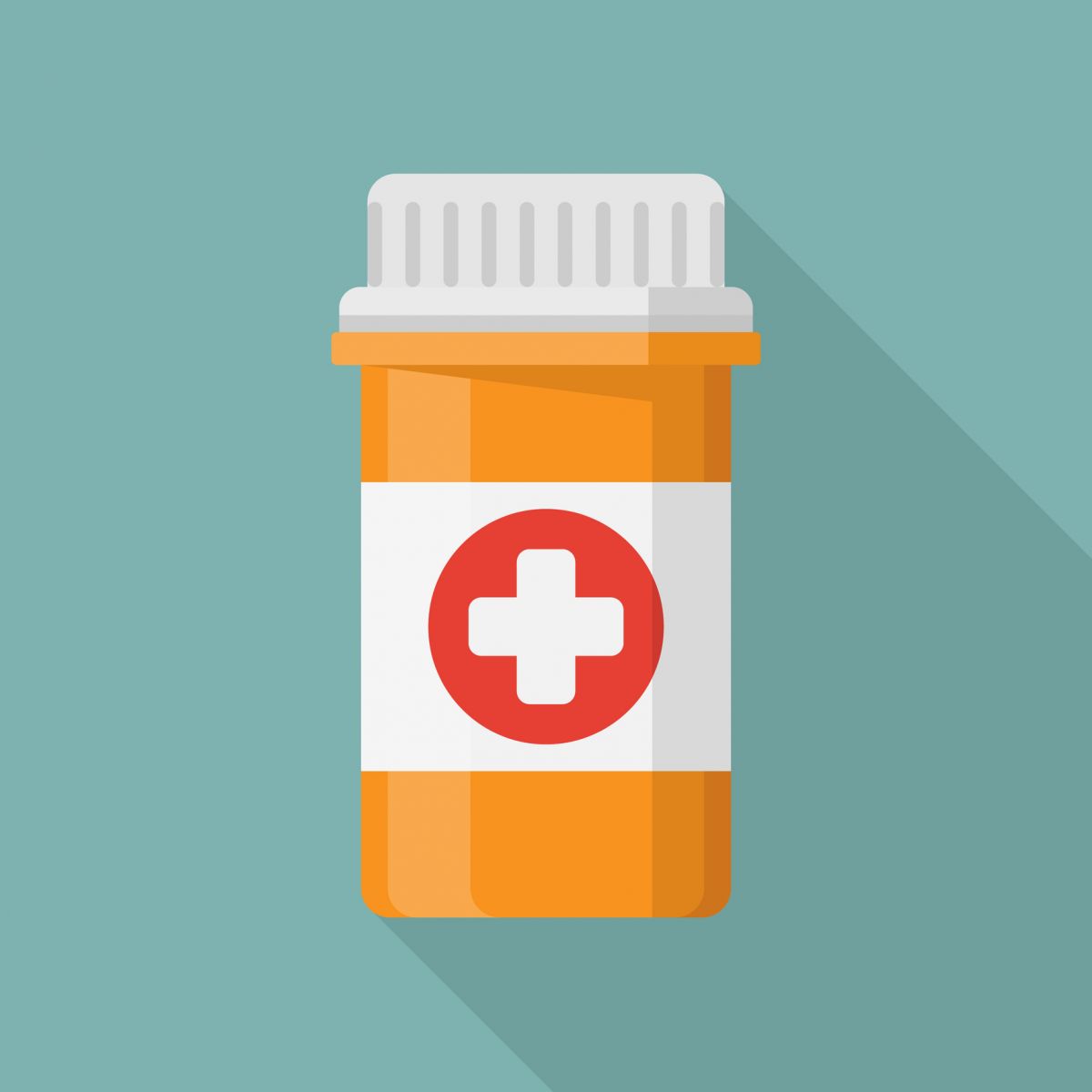Can Oral Insulin Lower Glucose Levels in People with Type 2 Diabetes? Trial Recruiting!
By Matthew Garza
 By Matthew Garza
By Matthew Garza
Are you interested in trying oral insulin? If you are an adult with type 2 diabetes, take part in a 26-week clinical trial that’s studying how well an insulin pill can lower a person’s A1C and fasting glucose levels.
Clinical Trials Identifier: NCT04606576
Trial name: Study to Evaluate the Efficacy and Safety of ORMD-0801 in Subjects with Type 2 Diabetes Mellitus
Diabetes type: Type 2
What is the trial testing?
This study will evaluate whether an oral insulin created by Oramed, called ORMD-0801, is able to lower participants’ A1C and fasting glucose levels when taken once or twice per day.
During the first phase of the trial, 675 participants will be randomly assigned to receive either a placebo (in this case, a fish oil vitamin), ORMD-0801 taken once per day (at night), or ORMD-0801 taken twice per day (once at night and once before breakfast). The participants will stick to their medication regimens for 26 weeks, with six visits to the clinic during that period. During the second phase of the trial, participants will continue their medication regimens for another 26 weeks – however, those who were originally receiving a placebo will be placed on the ORMD-0801 once or twice daily regimens. At every stage, the study will be “blind,” meaning that neither you, the healthcare professionals, the researchers, nor anyone else involved will know which treatment you are receiving (the placebo, once-daily ORMD-0801, or twice-daily ORMD-0801).
What is the trial measuring?
The researchers will look at two main outcomes from this trial:
-
The average change in A1C at 26 weeks, compared to your baseline
-
The average change in fasting glucose at 26 weeks, compared to your baseline
Baseline A1C and fasting glucose levels will be measured with a 10-day blinded continuous glucose monitor (CGM) before participants start any treatment. Though A1C and fasting glucose are the two main outcomes that researchers will evaluate, the CGM will provide extensive data for each participant, including their Time in Range (TIR).
Why is this trial new and important?
The ability to deliver insulin in pill form, rather than through injections, could be a major development in diabetes care for a few key reasons:
-
Oral insulin would provide people with diabetes another easy method for taking their insulin, which could lead them to take their medicine more regularly. Importantly, this means you could experience the glucose-lowering effects of insulin without needing to take a shot.
-
When you take a medication in pill form, it may be absorbed through your intestines or gut and then pass through the liver before entering your blood stream. This process is how the body’s natural insulin mechanism works, so an oral insulin option could more closely resemble what the body does in people without diabetes.
-
Oral insulin could enable new, more convenient methods of treating diabetes in the future.
Trial length: 55 weeks
Trial location: The trial is based in the Orange County Research Center (OCRC) in Tustin, California, however it is taking place in 75 clinical sites spread throughout the US.
Are you interested?
You may be eligible to join the study if you:
-
Are between the ages of 18-75
-
Have had type 2 diabetes for at least six months and have an A1C between 7.5% to 11.0%
-
Have been on a stable medication regimen of one to three of the following medicines for at least three months:
-
Have stable weight and a BMI between 25-40
-
Are not pregnant
You can see a full list of eligibility and exclusion criteria here.
For more information: contact Kim Pope at 830-438-7162 or Kim.Pope@integrium.com, Dr. Joel Neutel at 714-541-5591 or joel.neutel@integrium.com, or Dr. Carmen Margaritescu at 714-210-6665 or carmen.margaritescu@integrium.com.








